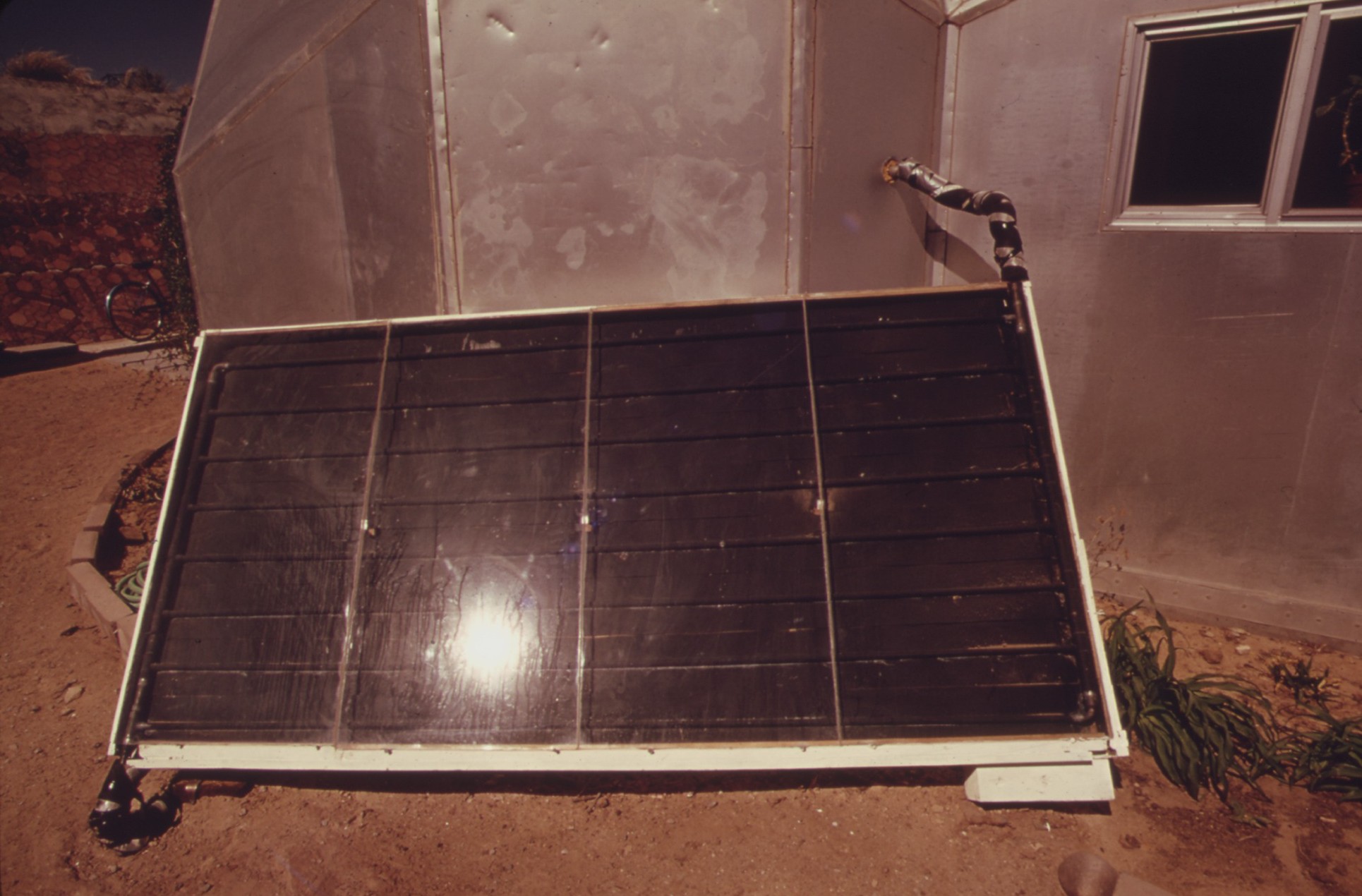A BBC thought experiment proposes we carpet the Sahara with solar panels, asking experts in different fields about the feasibility of such a project. Seems like a no-brainer as a way to produce clean energy, but Helen Anne Curry, a lecturer in the Department of History and Philosophy of Science at Cambridge University, points out that innovating our way out of pollution may cause new issues unless we also curb consumption. Skeptical soul that I am, I don’t see our hunger for energy being sated anytime soon. Better technology may be our only chance. An excerpt:
Helen Anne Curry: Technology alone is rarely the answer
“I am interested in exploring the persistent optimism that surrounds new technologies, even after multiple failures.
“The technological fix is appealing; it’s exciting to think we can solve problems without fundamentally having to change the way we live, the way we get to work every day or the number of cheap flights we take.
“But you can’t just take one point in the system and say ‘that’s solved’; there is much more that extends outwards.
“Think of the work that was done to solve local air pollution in the mid-twentieth century, which was to build super-tall smokestacks.“But they don’t eliminate the pollution from the air. They just throw it up much higher in the atmosphere, so in fact it circulates further. One of the subsequent problems of building these was they created acid rain in places that didn’t have this kind of concentrated industry.
“We can use our science and technology knowledge to bring other peoples of the world into the quality of life that the global north has enjoyed for far longer.
“Yet if you look back on 60 years of policy work and intervention, there’s a lot of ways in which we’ve failed. We haven’t been able to deliver the social, scientific and technological progress which we envisioned.
“I think the only reason to pursue [solar panels in the Sahara] would be if it were a stopgap measure in which the long-term goal would be to reduce consumption of energy and to change our lifestyles to be more sustainable, so that subsequent generations don’t have to deal with as many problems as we’re going to leave them.”•

